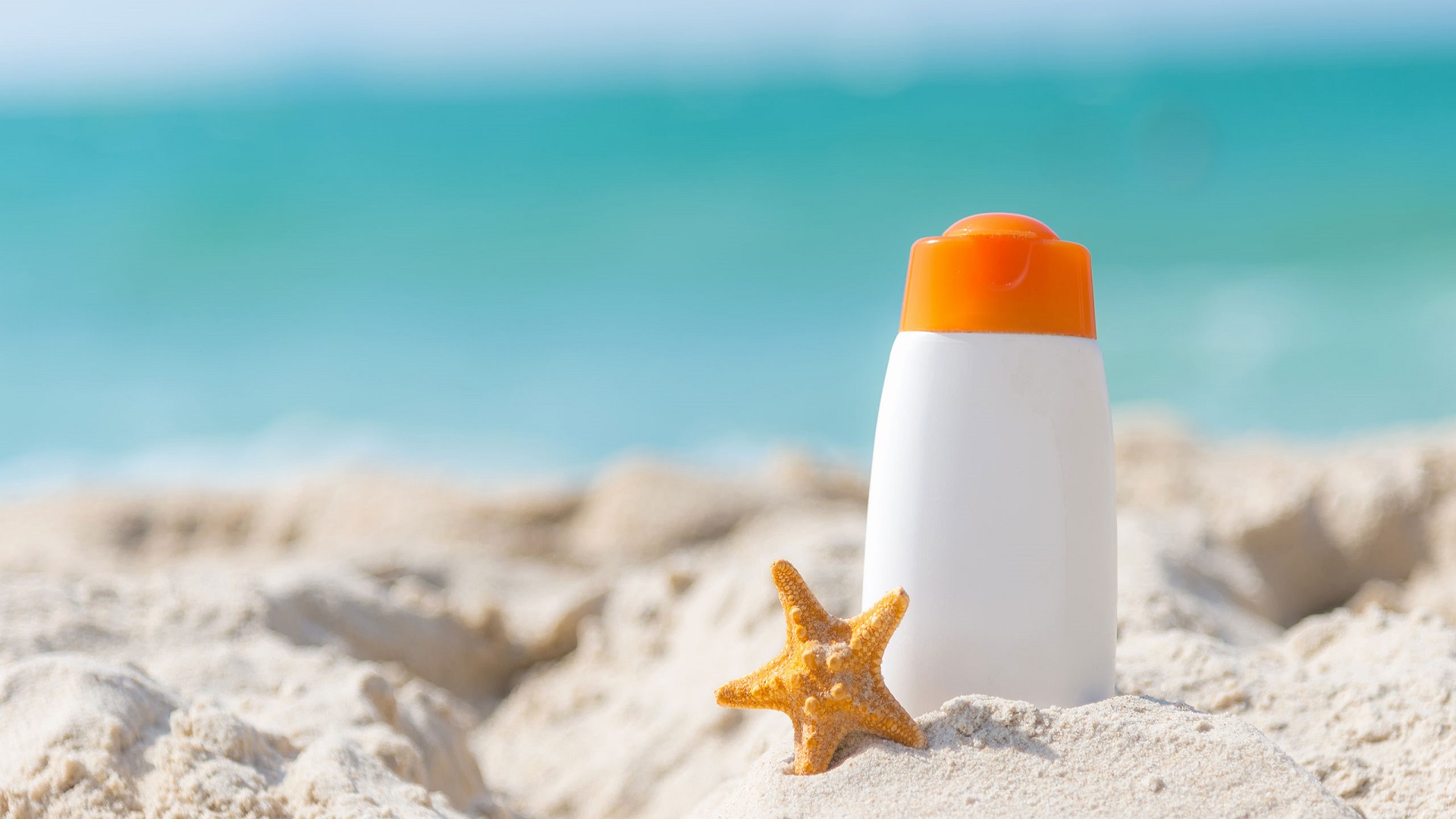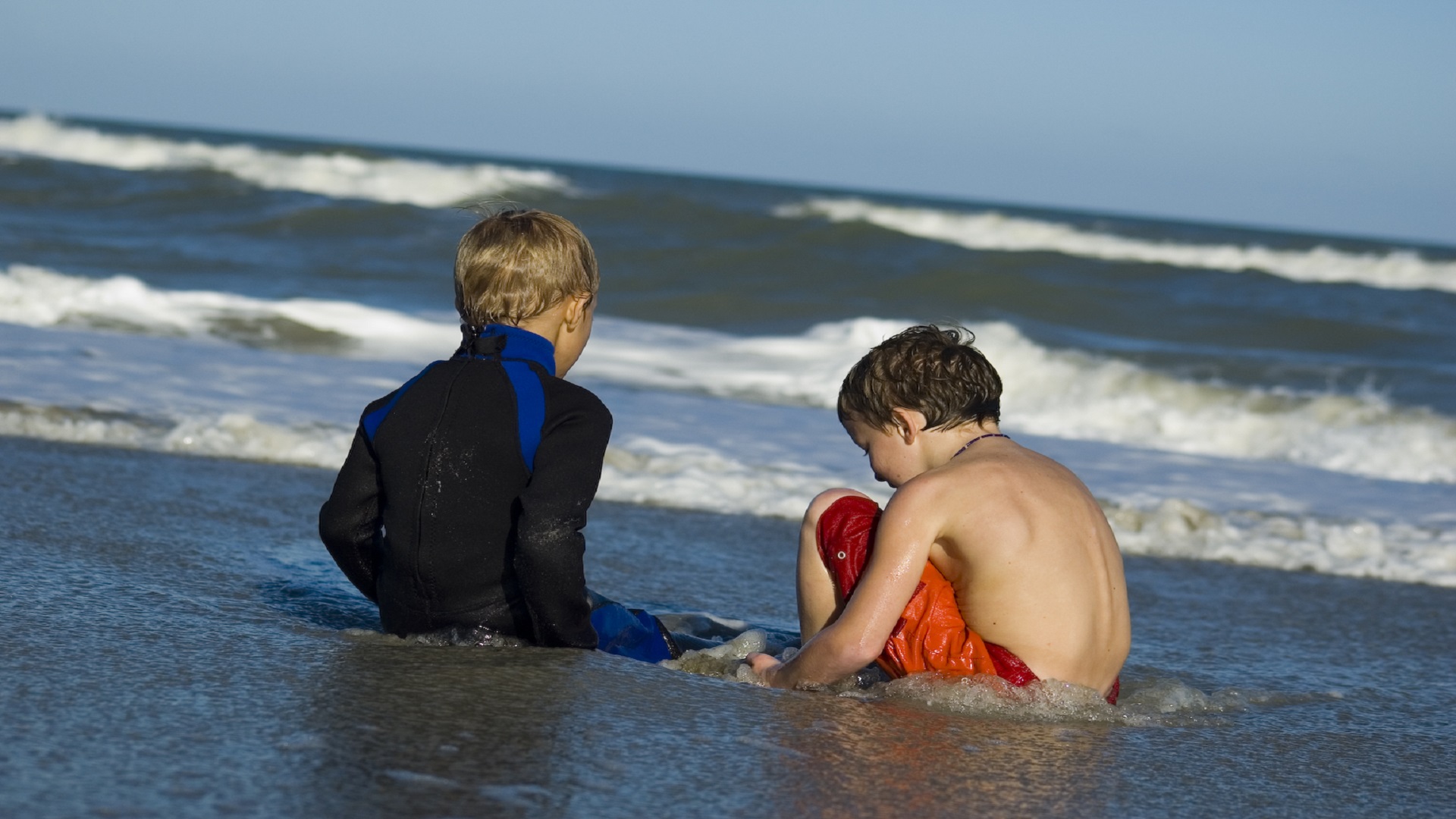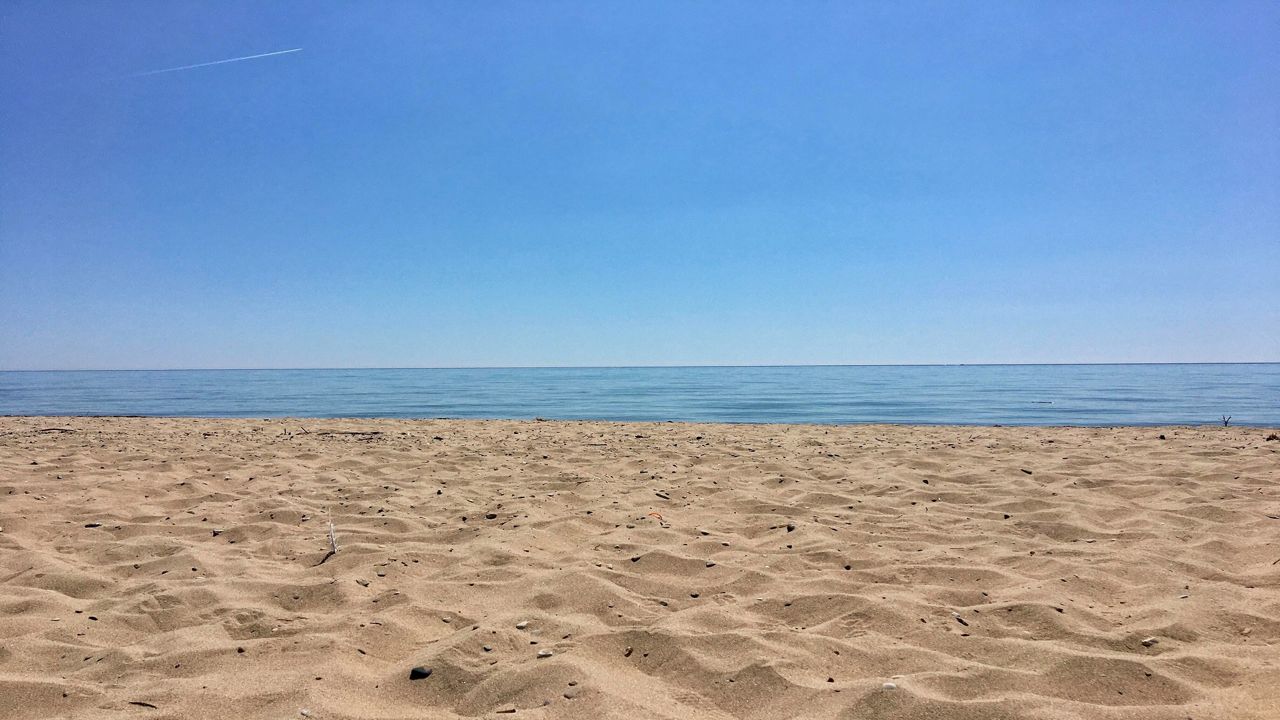The other day I was enjoying some time at the beach with friends when we noticed that each person had a different application process when it comes to sunscreen.
Some put on only tanning oil while others put on a combination of sunscreens ranging from SPF (Sun Protection Factor) 15 to 50.
Seeing the difference in products, my friends turned to me asking which one is best? I told them the importance of sunscreen, but also let them know that I would do further research to better answer their question.
Lets take a look at the importance of sunscreen, the different types, and what routine you should get into when applying it.

Sunscreen plays a vital role in protecting your skin from the sun. Using sunscreen reduces your exposure to UV (ultraviolet) radiation from the sun, and can lower your risk of sun damage and skin cancer.
According to the Skin Cancer Foundation, regular daily use of SPF 15 sunscreen can reduce your risk of developing squamous cell carcinoma (SCC) by about 40 percent and lower melanoma risk by 50 percent. Squamous cell carcinoma is the second most common form of skin cancer, characterized by abnormal, accelerated growth of squamous cells.
Using sunscreen can also help to prevent premature skin aging.

When you go to the store and head to the sunscreen section, you are met with dozens of different types & brands. According to the Skin Cancer Foundation, there are three different things you should look for in a sunscreen:
- Broad Spectrum: This type of sunscreen will protect you from UVA and UVB rays. UVA rays account for 95 percent of the sun’s UV rays that reach the ground and are usually associated with skin damage. UVB rays account for 5 percent of the sun’s UV rays that reach the ground and are known for damaging DNA in skin cells and cause sunburn and skin cancer.
- SPF 15 or Higher: SPF tells you how long UVB rays would take to redden your skin compared to amount of time without sunscreen. For example, by using SPF 30, it would most likely take you 30 times longer to burn than if you use sunscreen. For those who spend a lot of time outdoors, it is recommended to wear SPF 30 or higher because it blocks about 97 percent of UVB rays.
- Water Resistant: This is important for people who plan to spend their day swimming or participating in water activities. If you don’t have a sunscreen that is water resistant, it will most likely wash off rather quickly. When a product says it is “water resistant”, that indicates it should be effective for about 40 minutes in the water.

Experts recommend applying sunscreen 30 minutes before going outside.
When considering the amount of sunscreen, to ensure broad-spectrum protection, you should use at least one ounce for your entire body. You should reapply sunscreen every two hours, or every time you get out of the water.
Even when it’s cloudy, you need to apply sunscreen! When it’s cloudy, up to 80 percent of the sun’s UV radiation still reaches the earth, so yes, you can still get burnt on a cloudy day.
Make sure to always lather up before doing outdoor activities!



